-
Bán hàng trực tuyếnZalo Sales 1: 0909 555 709 Zalo Sales 2: 0938 522 652
-
Bán hàng trực tuyếnZalo Sales 4: 0937 121 802 Zalo Sales 5: 0935 987 751
-
Hỗ trợ kỹ thuậtZalo Kỹ thuật: 0902 237 923
Kystar KS920P 4K Multiple Window Video Processor
(0 lượt đánh giá) Model: Lượt xem: 257 Tình trạng hàng: Còn hàngVideo
Kystar KS920P 4K Multiple Window Video Processor
Kystar KS920P 4K Multiple Window Video Processor
1. Kystar KS920P Video Processor Features
Kystar KS920P Multiple Video Processor is a high-end video processing for LED large screen display, performance and leasing, conference room, studio and so on.
The product adopts CPT+ FST splicing technology targeted for small pixel LED display to guarantee uniformity and synchronization of splicing. The Super Resolution Zoom-in Technology can help eliminate jaggies and reduce the fuzzy sense and out-of-focus phenomenon due to image magnification.
The product enjoys the following features:
1. Support various signal input includes conventional DVI, VGA, HDMI, CVBS, SDI and IP; support 4K Ultra HD input and realize large screen point-to-point display.
2. Stand-alone can support user-defined layout of pixel 5.2 million and support output pixels up to 15360 horizontally or 6144 vertically.
3. Support free-form six-image layout and realize central control of main screen, side screen, floor tile or canopy of the stage in an easy way.
4. Support signal echoing and view real-time input and output signals by software.
5. Support multi-image preview and output monitoring.
6. Support seamless switch of signal and mode and provide over 10 kinds of transition special effects.
7. Support overlay of multi-group editable and global image-texts and captions.
8. Support luma key, image transparency adjustment and edge feathering.
9. Support warm backup of multi-level input signal.
10.Support multi-machine synchronous cascade output.
2. Kystar KS920P 4K Video Processor Control Panel Description

1. POWER: Power switch of 220V AC. ON indicates power connected, OFF power disconnected .
2. LCD color screen: Information display screen showing device information and debugging information.
3. ADJUST: Adjusting knob which can be used for selecting information on color screen and adjusting various parameters rapidly.
Counterclockwise rotation means up and clockwise refers down. Rotation downward means confirmation.
4. OK: OK key for confirming debugging information.
5. MENU: Menu key for access to main menu for device debugging.
6. INFO: Information query key for real-time condition of input signal.
7. WIN: Image information key for displaying and switching image signal source.
8. S1-S6: Signal source key. Signal source key on main menu refers to input source of back device and that on parameter input interface refers to
number 1 to 5 and backspace key.
9. : Back or cancel key.
10. : Wizard key. Click for the Wizard Mode.
11. FUNC: Common Function key for entering into common function interface.
12. OUT: Output option key for selecting output of blank screen, blue screen or normal screen.
13. M1-M6: Quick mode call key. Main menu interface is quick mode call key and parameter input interface
shows number 6 to 0 and clear key.
3. Kystar KS920P 4K Video Processor Data Interface Description

1. MONTOR: Pre-monitor channel for monitoring input signal source or output interface information.
2. OUTPUT: Programmatic output channel for pure digital DVI-D output and transmitting card connection.
3. LAN1: 100MB network control port which can realize device debugging by software with its connection with computer 100MB network interface.
4. AC 100-220V: Power switch which can be connected to 100-220V AC.
5. INPUT S5, S6: Expanded input which is able to expand two regular ports or one 4KHDMI input.
6. INPUT S1-S4: Regular input includes one group DVI, one group HDMI, two groups VGA and CVBS.
7. LOOP: DVI-Loop output which loops S1-DVI signal and is used for multi-machines cascade.
8. LAN2: Gigabit network control port which can be used for device debugging and also echoing function.
9. COM: RS232 control port which connects with computer serial port and can debug device by PC Software.
4. Kystar KS920P 4K Video Processor Connection
Kystar KS920P connection could be divided into three parts: power connection, signal connection and control connection (used for software debugging).
Power connection: device power supply. Connection method: connect power cord to power plug.
Signal connection: the method transferring signal from signal source to LED large screen. Connection method: signal source (e.g.: computer)→Mosaic Processor→Transmitting card→Large screen.
Control connection: connect computer with device control port and debug device connection method. There are three connection methods:
(1)Connect 100 mbit network control port with splicer LAN1 port, which can set device software.
(2)Connect computer gigabit network port with splicer LAN2 port, which can not only set device but also echo signal source image.
(3)Connect one crystal head of serial port line which is randomly donated by device with splicer COM port, and plug DB9 into computer serial port. Any of the three methods realizes device software control.
Connection diagram is as follows:

6. Kystar KS920P 4K Video Processor FAQ
Q1: DVI, HDMI, VGA and CV Port Definition.
A: DVI: DVI: Digital (HD) Video Signal, an interface standard jointly introduced by DDWG (Digital Display Working Group) combined by Silicon Image, Intel and etc. It has been optimized in speed, resolution, HDCP agreement and so on. Its signal source is normally desktop or laptop.
HDMI: High Definition Multimedia Interface, a digital audio/video interface technology. It’s specialized digital interface and can send audio and video signal at the same time with the quickest data transmission of 5Gbps. Its signal source is usually camera, laptop or information publication system.
VGA: Analog Video Signal (Video Graphics Array), a video transmission standard introduced together by IBM in 1987 with PS/2 at the same time. VGA enjoys high resolution, rapid display rate, rich color and is widely applied among color displays. Its signal source is normally desktop, laptop, VOD and Matrix.
CV: Composite video signal, also called composite video, which can pack all signals together and transfer it as a whole. Its signal source is normally camera, DVD, Cable Box, VOD and video matrix.
Q2: Please give a brief introduction of the connection method of graphics, splicer, transmitting card, receiving card and LED.
A: Connect graphics DVI (VGA) output port with splicer DVI-IN(VGA-IN) input---output splicer DVI-OUT to transmitting card---connect transmitting card with terminal receiving card of the back screen by network cable---connect receiving card with each screen body with control and cover whole screen by cascade.
Q3: What is output resolution?
A: Output resolution is pixel mode output by single port of splicer and the largest control range of splicer output. Regular resolutions are: 1024*768, 1280*1024, 1600*1200 and 1920*1080, which are set with the same resolution mode of transmitting card.
Q4: What is administrator password set in PC Software?
A: No password. Just a click is ok.
Q5: What are the reasons for failure of serial connection with the application of serial splicing processor?
A: Possible reasons are as follows:
① Wrong selection of COM port. Just click “Confirm” and re-click “opening serial port” key.
② Occupation of serial port. Two or more software windows are not allowed to be open simultaneously.
③ Failure of serial port line connection or damage of the line.
④ Damage of COM drive of the board or serial port.
If suggestions above fail to solve your problems at last, please contact our customer service in time. We will help you to solve your problems as soon as possible.
Để biết thêm thông tin chi tiết xin vui lòng liên hệ với chúng tôi:
Công ty TNHH Truyền Thông Tùng Việt
Địa chỉ: 489A/21/54 Huỳnh Văn Bánh, Phường 13, Quận Phú Nhuận, TP.HCM, VN
Hotline: 0909.555.709
https://manhinhquangcao247.com/
https://vietnamdigitalsignage.com/
Kystar KS920P 4K Multiple Window Video Processor
0/5
0 đánh giá & nhận xét- 5 sao
- 4 sao
- 3 sao
- 2 sao
- 1 sao
Bạn đã dùng sản phẩm này?
Gửi đánh giá của bạnLe Tuan Anh 25/12/2020 23:13:31
Sản phẩm tuyệt vời
Kystar KS920P 4K Video Processor Parameters
|
Video Inputs |
|||||
|
Type |
Qty. |
Description |
|||
|
DVI-D (24+1) |
1 |
·Support up to 1920*1200@60Hz, downward compatibility. ·Compatible with HDMI1.3 and lower version, EDID version 1.3 |
|||
|
HDMI (TYPE A) |
1 |
·Support up to 1920*1200@60Hz, downward compatibility. ·Compatible with HDMI1.3 and lower version, EDID version 1.3 |
|||
|
VGA (HD-15) |
2 |
·Support up to 1920*1200@60Hz (UXGA), downward compatibility. |
|||
|
BNC |
2 |
·NTSC/PAL Adaptive, support 3D comb filter. |
|||
|
Expansion input |
1~2 |
·2DVI/2HDMI/2VGA/2CVBS /2SDI/1HDMI1.4/1IP |
|||
|
Video Outputs |
|||||
|
Type |
Qty. |
Description |
|||
|
DVI-D (24+1) |
4 |
·Support common output resolutions: 2048×1152@60Hz, 1920×1080@60Hz, 1536×1536@60HZ ·support user-defined resolution, e.g.: 3840×660@60Hz · Support 60Hz/50Hz/30Hz output frame rates ·Compatible with HDMI1.3 and lower version, EDID version 1.3 |
|||
|
DVI-D-LOOP |
1 |
Support absolute synchronization with DVI-D input, used for device cascade |
|||
|
DVI-D-MONITOR |
1 |
Support the selection of different preview types, including input & output preview, output preview, input review |
|||
|
Description |
|||||
|
Mosaic Output |
· The maximum mosaics resolution can reach15360×330@60Hz (horizontal mosaics ) or 820×6144@60Hz(vertical mosaics ) or 3072×1680@60Hz (cross mosaics ) and input size within this range can be adjusted casually · Support point-to-point mosaics, multi-machine can realize greater resolution of mosaics output with cascade. |
||||
|
Six-image Output |
·Render 3 or fewer images on screen at the same time, which can come from the same or different input signals. ·Each image can be freely zoomed and arranged. Images can overlap each other. |
||||
|
Image Echoing |
· Signal image can be gained on computer at real time by control software which includes both input signal and output signal. |
||||
|
Warm Backup |
· Users can set priority of input signals. When current signal fails, the system will output next priority signal automatically. When signal returns to normal, it will turn back. |
||||
|
Image-text and Caption Overlay |
· Users can add text or pictures on video screen at random through management software and also can set different moving trajectory and speed. |
||||
|
Brightness Image Matting |
·Device can deduct background below designated brightness and merger it into new background. |
||||
|
Multi-machine Synchronous Cascade |
·Multiple machines can realize cascade display and support synchronization technology without malposition or laceration. |
||||
|
Special Effect Switch |
When switching signal and model, users can choose different special effects, including: fade in/out, seamless straight cut, vertical or horizontal comb, round cut-in or cut-out, diamond cut-in or cut-out and cross of every side |
||||
|
Image Freeze |
·Device can freeze any image. |
||||
|
6+1 Image Preview & Monitor |
·Users can preview 6 input signals concurrently by monitor and supervise current output image at the same time. |
||||
|
Input Color Adjustment |
·Color parameter can be set targeted at any input signal to reach the best display effect. |
||||
|
Image Transparency Setting |
· Each image tran sparency can be adjusted alone in the range of 0-100%. |
||||
|
Image Edge Feather |
·Image edge can be featured to make image overlay better merge with background |
||||
|
Mode Saving and Calling |
·Users can set and save 32 sets of parameters at most and call them quickly. |
||||
|
One-Click Blue or Blackout |
· Output black or blue signal in one click, often used in acting performances |
||||
|
Scheduled Task |
· Specify the device to perform a designated operation at a certain time (support offline) |
||||
|
Others |
|||||
|
PC Control |
RS232/RJ45, Ethernet |
Size (mm) |
66(H)×432(L) ×256(D) |
||
|
Weight (Kg) |
4 |
Input Power |
100-220 VAC, 47-63Hz, ≤2A |
||
|
Environment |
Temperature:0-40℃; Humidity: 0-95% |
Warranty |
Free repair within 2 years, lifelong maintenance |
||
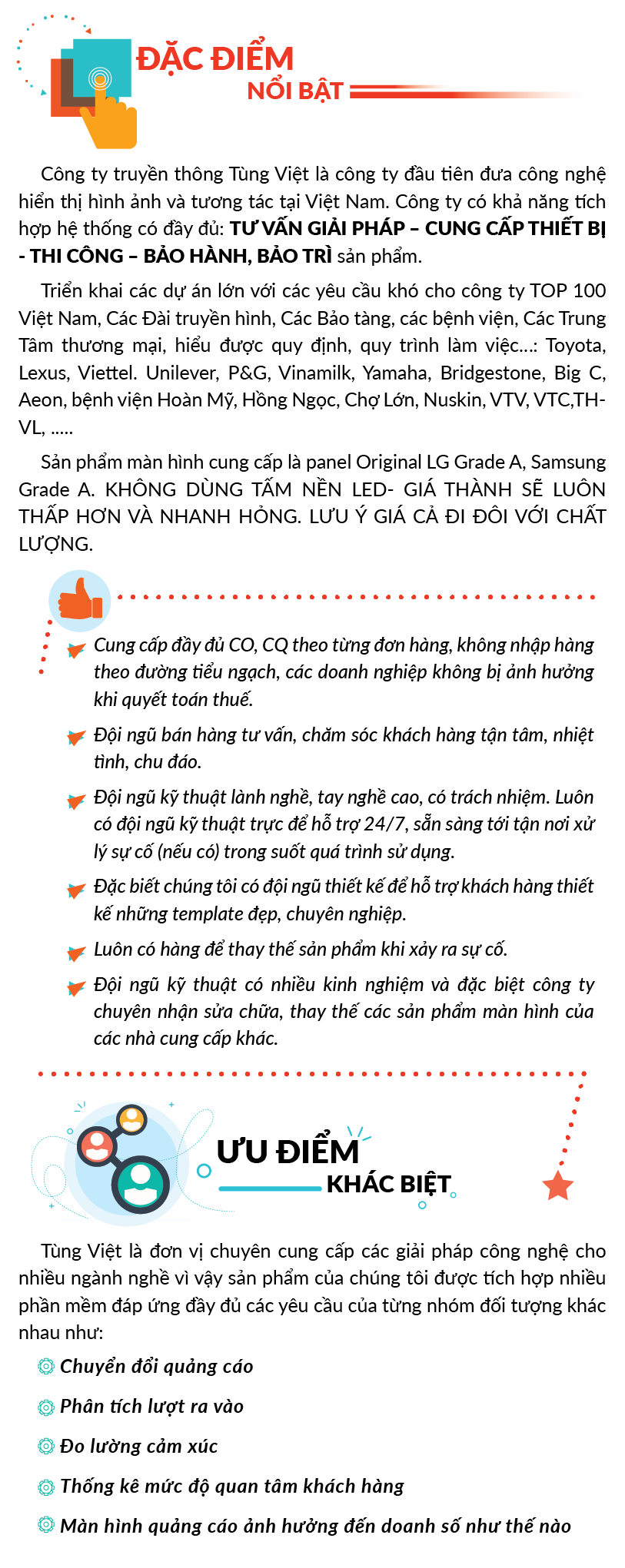
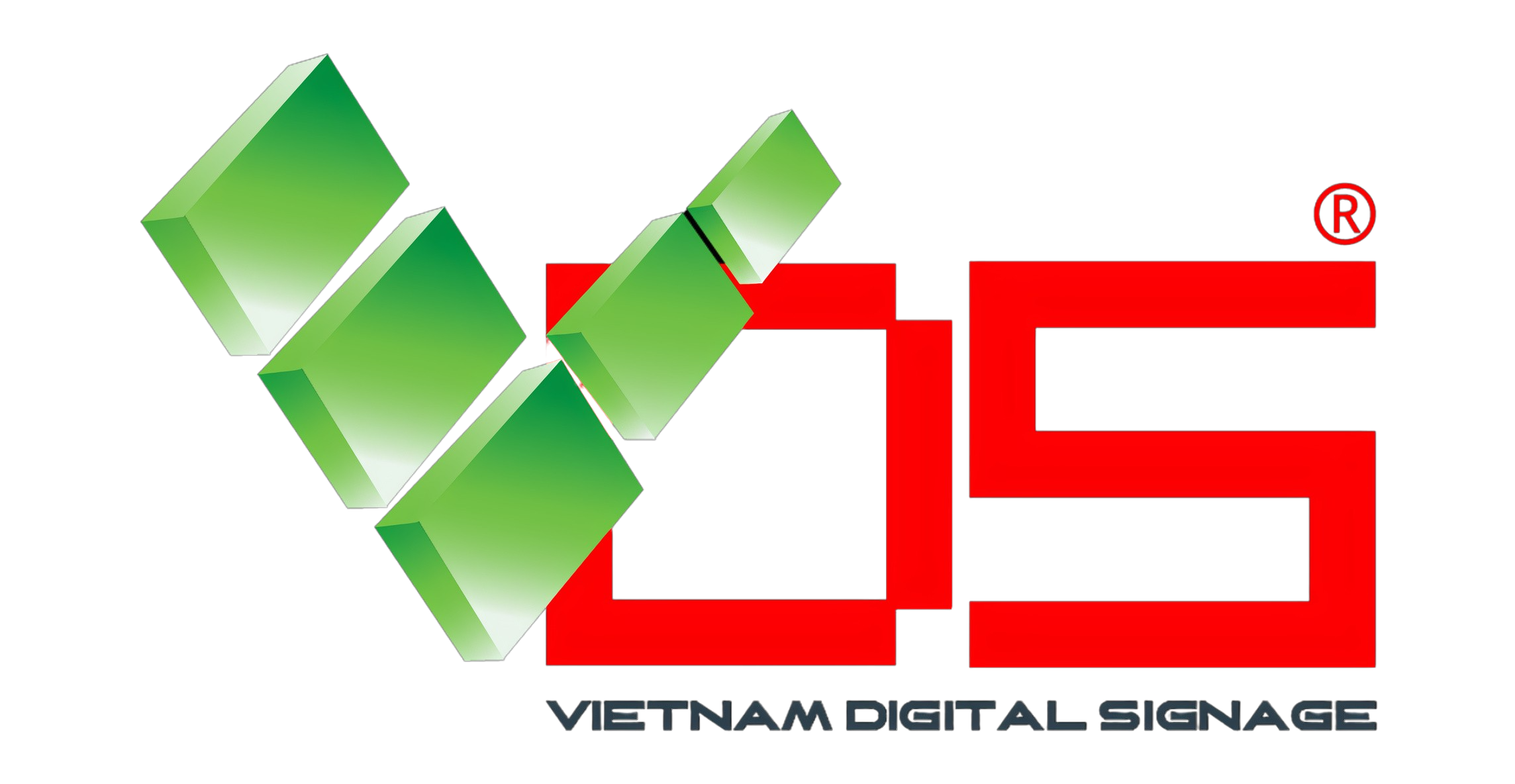



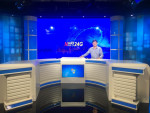

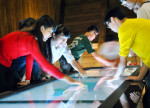

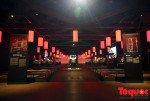

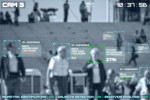

Hỏi đáp